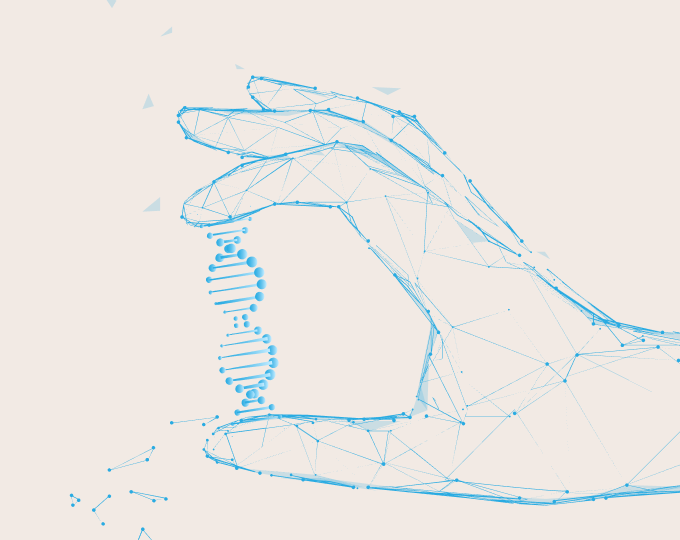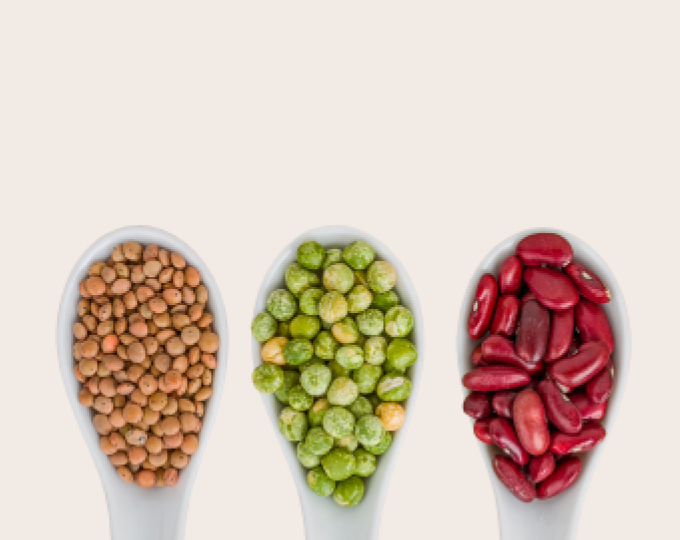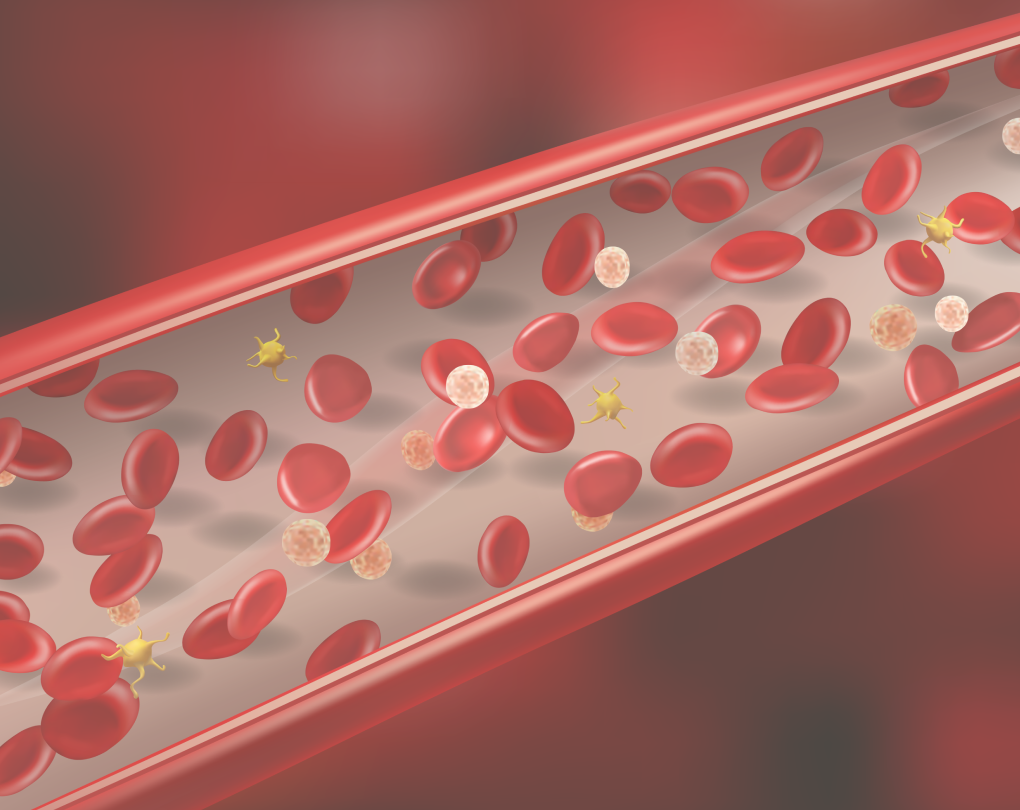Connective tissue & collagen
Connective tissue is a versatile tissue in the body that supports structures such as skin, tendons and organs. Collagen, a crucial protein in connective tissue, gives it strength and elasticity. Micronutrients such as vitamin C and amino acids are essential for collagen production and help to maintain connective tissue, which can play a significant role in slowing down the ageing process. The MITOcare micronutrients listed here support your connective tissue & collagen with their carefully selected ingredients. All information on the exact ingredients and their effects can be found on the respective product pages.
Knowledge about amino acids & nucleotides
Find out more about amino acids, nucleotides & the role of vitamins in our blog posts:

Nucleotides - the forgotten basis of the micronutrient pyramid
What are nucleotides actually? Every process in an organism, every material component, cells, tissues and organs - everything is based on information. This level of information is stored in your DNA. In this article, we explain the basic functions of nucleotides, the building blocks of DNA, and why we believe they belong at the base of every micronutrient pyramid.
Read article

Why are amino acids so important in sport?
Muscle building, performance & regeneration - amino acids are supposed to improve all of these things. Are they really that important in sport? And what are they for anyway? In this blog post, we explain what amino acids can do and why you can benefit from them as an athlete.
Read article

Why the protein shake is no longer enough - next level: amino acids
Proteins are among the most important building blocks of our cells. Proteins are macromolecules that are made up of amino acids. Here you can find out more about the optimal supply of amino acids and reasons why protein shakes alone are no longer enough.
Read article

Amino acid deficiency - what are the causes and symptoms?
As organic compounds, amino acids play an important role in the human body - but not all of them in the same way. In this article, you will not only find out exactly what amino acids are and what functions they perform, but also how you can recognize a deficiency and take targeted action against it.
Read article

Blood, iron and iron deficiency - the unrecognized common disease
Deficiency symptoms are still a problem. About 10% of the German population suffers from iron deficiency. What does this mean for those affected? Learn about the components of the blood, how iron deficiency develops and how to treat it.
Read article

What vitamins are there and what do they do in your body?
Vitamins are vital substances for your body. You need them to maintain all your bodily functions; without them, your body would not be able to perform or survive. In this article, we will start by introducing you to these vital substances and going into more detail about the functions of the vitamins. We even need two parts for 13 vitamins. Here in Part 1 you will find everything about the fat-soluble vitamins A, D, E and vitamin K2.
Read article

What are the functions of water-soluble vitamins?
Having already dealt with the fat-soluble vitamins A, D, E and K2 in Part 1, the water-soluble vitamins, which are in no way inferior to the fat-soluble vitamins, are still missing. What functions do B vitamins and of course the well-known vitamin C have? Find out more in part 2 on vitamins.
Read article
Premium products
Premium products
without unnecessary fillers & additives
without unnecessary fillers & additives
Developed with experts
Careful product development
together with experts
Complex compounds
Valuable nutrients and plant substances with a synergetic effect - based on the model of nature
For more well-being
Pioneering knowledge from the world of micronutrients in vegan Pullulan capsules